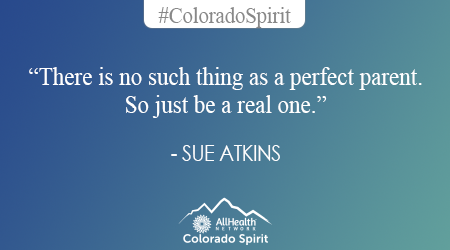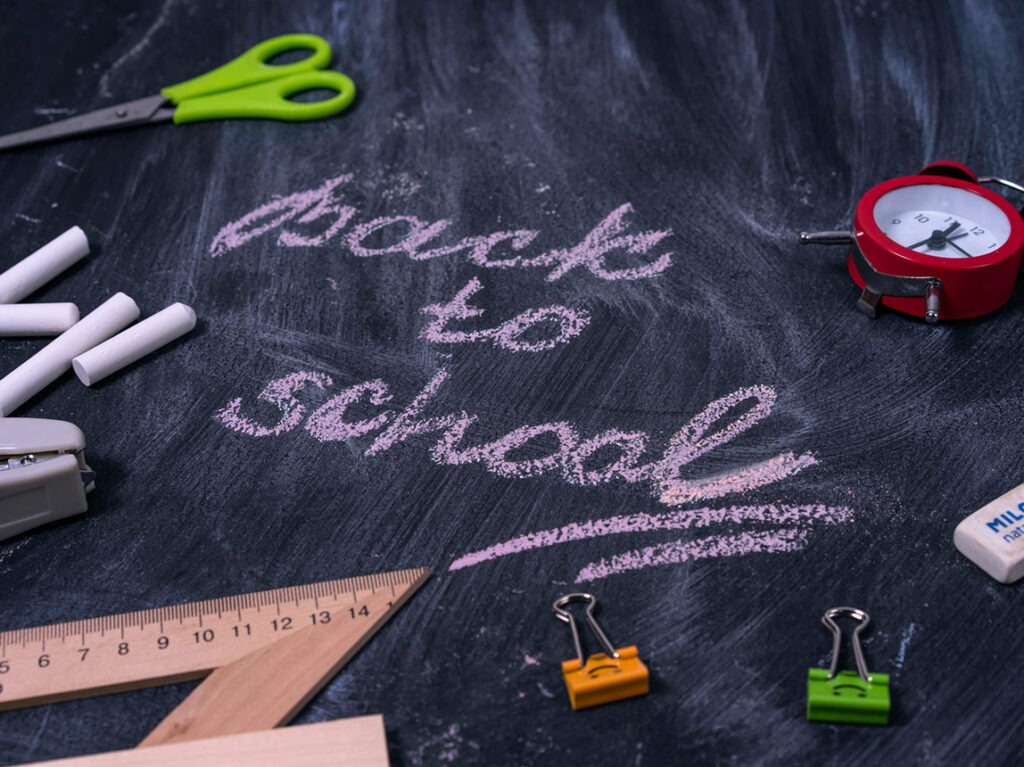As I type this, social media feeds and radio and television stories are all speaking to the dilemma so many families are facing right now – Back to School! Instead of engaging in typical back to school routines, most families are wrestling with what seems like an impossible decision and set of circumstances. If you live in a district that is planning on in person learning, do you opt to send your kids back or do you choose remote learning? What is safest for kids, school staff, the community, and our families? If your district is not offering in person instruction, how do you arrange child care and support learning and social emotional needs? If your family receives special supports through school, how can that be replicated at home? What if you are a teacher? Does your district have the supports in place that make you feel safe and effective as a teacher?
So many questions, and no clear answer . This is such a difficult place to be in. While we know nothing we write here will make your decision process any easier, we hope some of these tips and reminders will help you find ways to more easily tolerate some of the stress so many of us are facing right now.
There are a few universal truths right now.
Acknowledging the commonalities instead of the divides in our society can be a powerful tool in your wellness toolkit.
- There is no one “right” decision for every family – The health risks in each community are different. Families have different levels of risk Families have different resources available to them. Families have different needs. Expecting that everyone can or should make the same decision about returning to school or getting into conflict about what “should” be done is wasted energy.
- Every decision is a difficult one for families to make – families need support no matter what they decide! Now more than ever, kids are seeing how adults deal with conflict, stress, fear, and As adults, we have a powerful chance to model how we navigate tough times. And, without support, solid coping skills, and safe spaces to express our emotions, worries, and stresses, we can’t be effective models for kids.
- All staff working at schools and child care settings need support – I have had the pleasure of working with some amazing administrators, teachers, office staff, facilities staff, and school mental health providers in both my personal and professional life. I have learned that they all care deeply for the kids they support, AND, if their stress levels are too high, they cannot be their best selves with our kids.
So, how do we support ourselves and others in this time?
Acknowledge our emotions, allow ourselves to feel them, and find ways to ride through them without impulsively doing something that makes the situation worse. While this is easier said than done and it does take practice for most of us, there are a few things that can help.
- Try to understand what thoughts are creating the intense emotions and see if some re-framing helps lessen the intensity of the emotion or helps your emotions shift. The U.S. Department of Veterans affairs lists some common negative thoughts many of us experience related to COVID-19 and some alternate thoughts or re-framing that might help.

- Validate the emotion. Emotions, even the intense uncomfortable ones, are merely a communication. They draw attention to parts of our experience we would benefit from paying attention to or let others know we could use some support. If we allow ourselves to receive the message the emotion is conveying, it can help us not get stuck in the emotion. Take for example feelings of anger and guilt. Someone once explained to me that part of why anger and guilt are both so prevalent during recovery from disasters and tragedy is because they are both natural responses to the complete loss of control we experience during these situations. When we as humans feel out of control, we may cast blame outwardly and feel angry because someone else “failed” to prevent the situation. We may also cast blame on ourselves and feel guilt that we “should” have done something else. Either way, it is an attempt to cognitively find some control of something that is out of our control. Recognizing this can help us understand that our emotional reaction makes perfect sense given our situation and can help us ride the wave of the emotion without acting in way that might make the situation worse.
Keep talking to kids!
Kids, even young ones, understand more than we think. It is important that we keep engaging with them about what they are thinking and feeling. UNICEF has some great Q&As for these conversations.
Keep taking space for yourself and making sure you are engaging in personal rituals and practices that are meaningful to you. We are in a marathon with the pandemic. Those same practices that supported us when things first shifted so radically several months ago are the same things we need to keep engaging in. Some of you know from our previous post on the benefits of exercise, that I am not a runner. I know a few distance runners though, and they assure me that when going a distance, the basics (e.g., drinking water) are just as, if not more, essential the further in the race you are. Please recognize that balanced eating, limiting media exposure, sleep, physical movement, and relaxation are all just as important to your well-being now as they were a few months ago.
Kids are also incredibly attuned to our emotional states. If we can project a non-anxious presence to kids by staying calm, that will help them. You taking care of yourself will help you be in your best place to support kids (and your family, friends, and community).
Find your people and keep connecting with them. When we connect with supportive others in our life, whether it is for discussions about these big decisions or to do something fun together, we increase our resiliency. Social support can actually help reduce our physical stress response.
Would speaking to someone help?
AllHealth Network, along with other community mental health centers, is continuing to provide services via telehealth and by phone. Our Crisis Walk-in Center remains open 24/7 and offers in-person care to those experiencing a mental health crisis. For more information and to get connected with our services, please call 303-730-8858. To learn more about what other community mental health centers are doing, please visit the Colorado Behavioral Health Council COVID-19 website.
If you are experiencing a mental health crisis and are in need of immediate assistance, please call the Colorado Crisis Hotline at 1-844-493-TALK (8255) or text TALK to 38255
How do you know if you’re experiencing a mental health crisis? Click here to learn about mental health crisis warning signs to look out for from the National Alliance on Mental Illness (NAMI)


